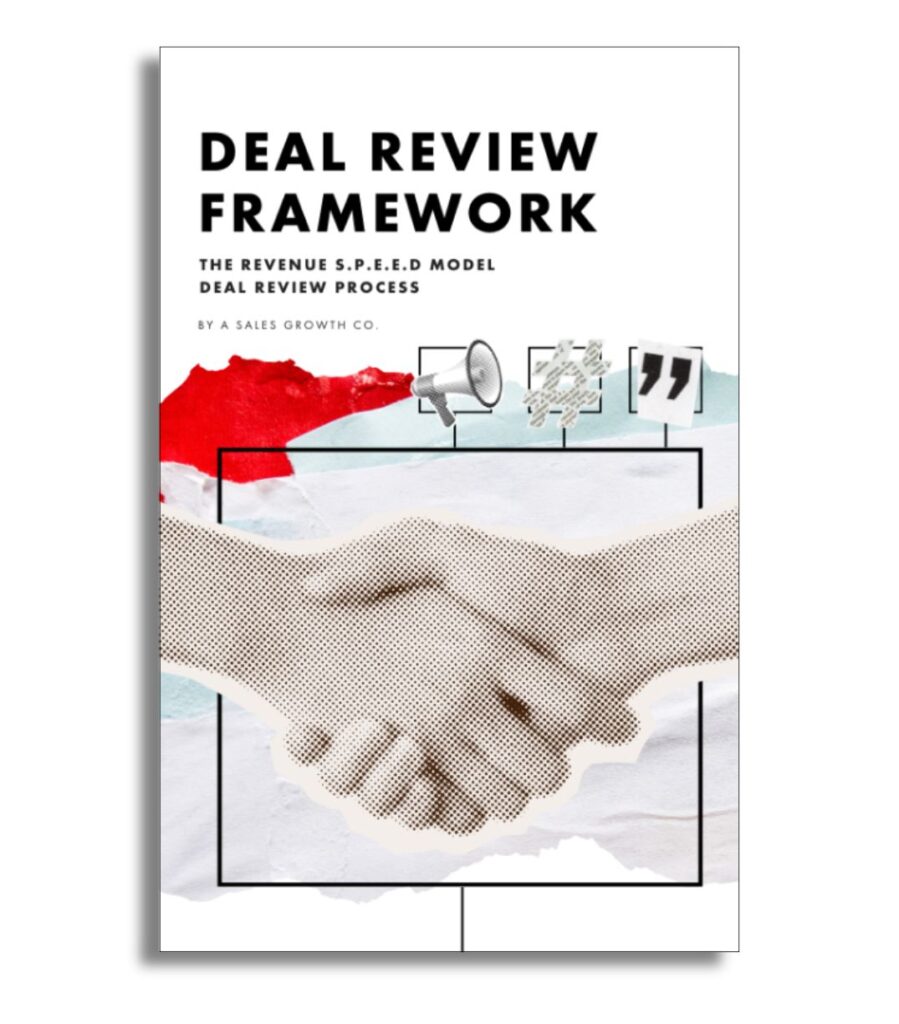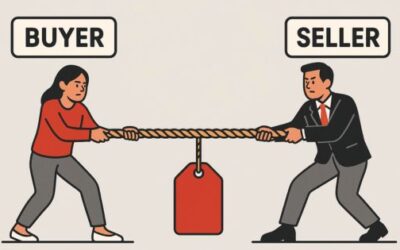Man, is knowing if a deal will close important to the sales world. It’s the center of every pipeline meeting and every executive conversation at the end of the quarter. Knowing if a deal is going to close is at the heart of every opportunity discussion in every sales organization worldwide.
Unless you’re at the very end of the sales cycle and everything’s wrapped up, it’s almost an impossible question. The chance of answering it right? Super low. What should we be focusing on to actually move deals forward and improve your forecasting?
The Next Yes
I know we’ve got deal probabilities and all that, but at the end of the days, they’re still just a thumb in the air. Trying to figure out if a deal is going to close in the middle of a sales process is nearly impossible. Nobody has any idea if a deal is actually going to close. But, we can know what the ‘next yes’ is and if that will happen.
Actionable Steps Towards a Closed Deal
Every sale is made up of a series of little sales, or next yeses as we like to call them. The next yeses are the activities, deliverables, agreements, or commitments you prospect makes during the sales process. Knowing the chances of achieving the next yes is far more predictable and manageable than the deal as a whole.
Next yeses are right in front of you, they’re what needs to get done now. They are what needs to happen to move you a step closer to close. The path to predicting deal closure goes through each small yes along the way. Focusing on what the sale requires now, at this moment, you put greater predictability into the sales process.
Example of the Next Yes
In practice, the next yes looks like this. If you need to meet with the CIO to close a deal but you’re main point of contact is an IT manager, then your next yes is getting that IT manager to arrange a meeting with the CIO. If you can’t get the IT manager to agree to that, your deal is in trouble. The focus should be all in on what it’ll take to get in front of the CIO.
Managers, rather than asking what’s happening in a deal or whether a deal will close or not, ask what the next yes is and what the status of that next yes is. Ask what we are trying to get done now and the likelihood of that happening. We can’t close deals in a single transaction.
Focus on Immediate Wins
When I work with clients this is one of the first things I focus on. What can they do to maximize deal closure and forecasting? Put the focus on the immediate, actionable steps that move a deal forward. Instead of worrying about a far-off closure that can feel out of reach, I want them to focus on achieving the next small victory. Break down intimidating processes into manageable, bite sized pieces.
Rather than getting lost in maybes or hopefullys, utilizing the next yes process gives you a clear path forward. Each yes becomes a milestone, a concrete indicator of progress. It gives us a gauge on the health of each deal and allows intervention when a deal starts to veer off track.




0 Comments